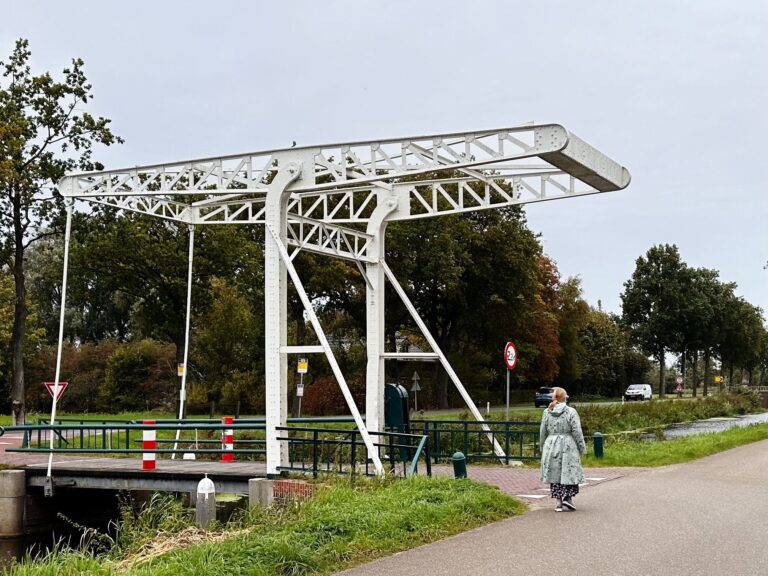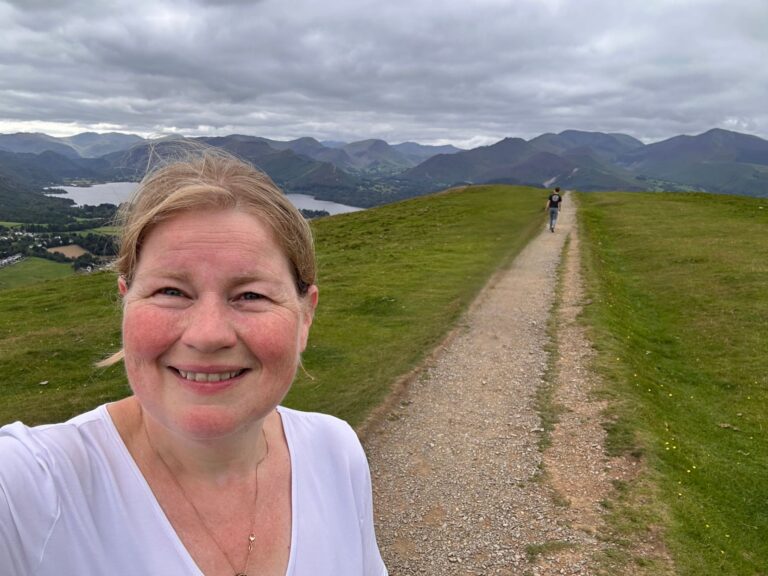I’ve worked with data for 25+ years. I love structure, measurement, insight, and improvement.
But last year gave me the chance to apply those principles to something more personal than any project I’d worked on.
Hi, I’m Tamara, Data Analyst and Managing Director at i-spark.
Last summer, while hiking downhill on a mountain in Poland, I slipped and broke my ankle. Once the shock wore off and the worst pain had subsided, I decided within minutes: I wouldn’t just recover. I would come back stronger.
And like with most things I care about, I went all in and never really stopped.
I started tracking everything: steps, sleep, energy, recovery. At some point, I may have gone slightly overboard with the stats. I still do, to be honest. But it helps. It gives me structure, focus, and a way to see progress, even when it doesn’t feel like much is happening.
Apple Health became my data hub. I started with an Apple Watch, then Walkfit (indoor/outdoor walking) by Welltech, komoot (hiking), Tunturi New Fitness Routes (cycling), and Peakz Padel (yes, I got the all-clear to try this new sport).
My ankle recovered, I lost a lot of weight, gained strength and confidence, and feel more resilient than I have in years.
Here’s what I learned:
💙 Daily input, weekly insights. I weighed myself every day to get consistent data. The weekly averages showed the real trend
💙 Cycles matter. Literally. My monthly cycle impacted weight (up to 1.5 kg), sleep, recovery, and mood. Understanding that helped me be more patient with myself.
💙 Even Apple runs into data engineering issues. Apple Health counted cycling as walking, missed stairs, and gave me a non-removable medal after an 11-hour logging error. Duplication, missing data, misclassification: the same issues we solve in data architecture. Some I could fix. Others I had to live with.
💙 You’ll wish you had more data. I didn’t take any before-photos. Didn’t measure body composition. At the time, it felt unimportant. Now I wish I had more to reflect and celebrate.
I wasn’t the analyst; I was the stakeholder. And that shift changed everything. I’m used to working with data in a business context, but this was personal.
It gave me a new perspective on progress, motivation, and what data can mean when you’re the one living it.
So almost a year later, I’m proud to say I kept that promise to myself.
We’ll keep sharing honest, human perspectives from our team in the future, because that’s what i-spark is built on.

Integrity isn’t about words or intentions
Integrity isn’t about words or intentions. It’s about what you do when the stakes are real. At one point, I was running two projects for the same client: one fixed-price, one time-and-materials. On the fixed-price

